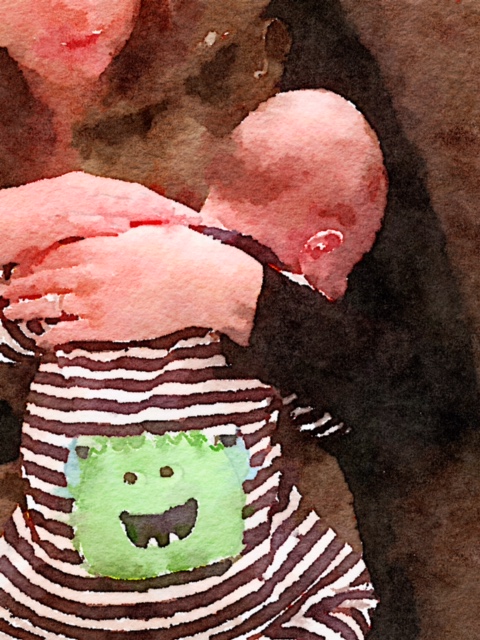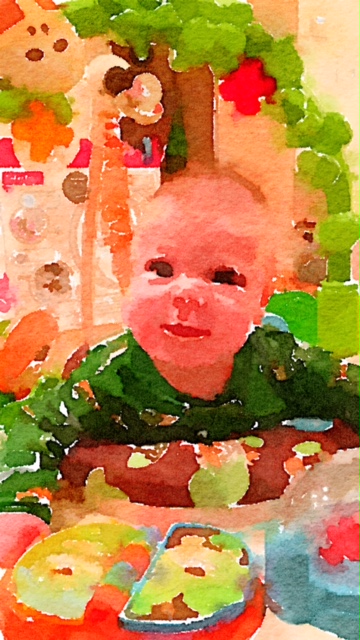Do You Have An “Easy” Baby?
Every child is a different assignment — and we can all pay lip service to that cheerfully enough. But the hard thing to believe is how different the assignments can be. Within the range of developmentally normal children, some parents have a much, much harder job than others: more drudge work, less gratification, more public shaming. It sometimes feels like the great undiscussed secret of pediatrics — and of parenting. Babies and children are different, assignments are different, and we spend a lot of time patting ourselves on the back — as parents and as pediatricians — when the easy babies and toddlers behave like themselves, and a lot of time agonizing and assigning blame when the more difficult kids run true to form. We talk a lot about temperament in my line of work. We look at where a child — or an adult — falls along a set of axes. High activity to low activity. Adapts easily to adapts with difficulty. Intensity, mood, attention span. And while no one would argue that these are fixed and immutable traits, it’s also true that — again, as every parent and teacher knows all too well — you can’t possibly make child A into child B. You work with the temperament you’re given — it’s the assignment. And some assignments are harder than others.
Source: Some Babies Are Just Easier Than Others – The New York Times
How do you know if you have an easy baby? Here are some things you might say…
- “He rarely cries”…
- “He sleeps well”…
- “He eats well”…
Babies are people and they come in different sizes and temperaments . Temperament sometimes defines how “easy” or “difficult” your child seems to be. Your temperament also determines how you respond to your child. It really makes total sense.
On one of the popular baby sites at the end of every post, there is a statement that all babies are individuals and develop and respond to their environments differently. Developmental timelines are guidelines for monitoring your child’s growth and development each baby will differ, some more than others and that is usually expected and okay.
As most parents can attest every child is very different and there are so many variables that go into making this statement true.
So when your child has a meltdown in the middle of Target and people are staring at you try to understand that they may have had an “easy” child and it really was not a reflection of how “great” and “skillful” a parent they were. Parents young and old are quick to judge those with “difficult” children.
Grandparents who indulge are not the reason grandkids are “difficult”, parents who are strict or lenient are not the reason their young children behave better at times. It is related to temperament and combining an understanding of each child and their individual needs that help a child modulate their behavior when necessary as they grow and develop.
If you have an “easy assignment” as a parent…be empathic with those parents and grandparents who are dealing with a more difficult assignment. Your next child or grandchild could be more challenging.

 I am one lucky grandmother to be here at Mom 2.0! This year it is here at the Ritz Carlton, Dana Point, California. The venue is spectacular and only adds to the excitement of being at this fabulous conference.
I am one lucky grandmother to be here at Mom 2.0! This year it is here at the Ritz Carlton, Dana Point, California. The venue is spectacular and only adds to the excitement of being at this fabulous conference.











